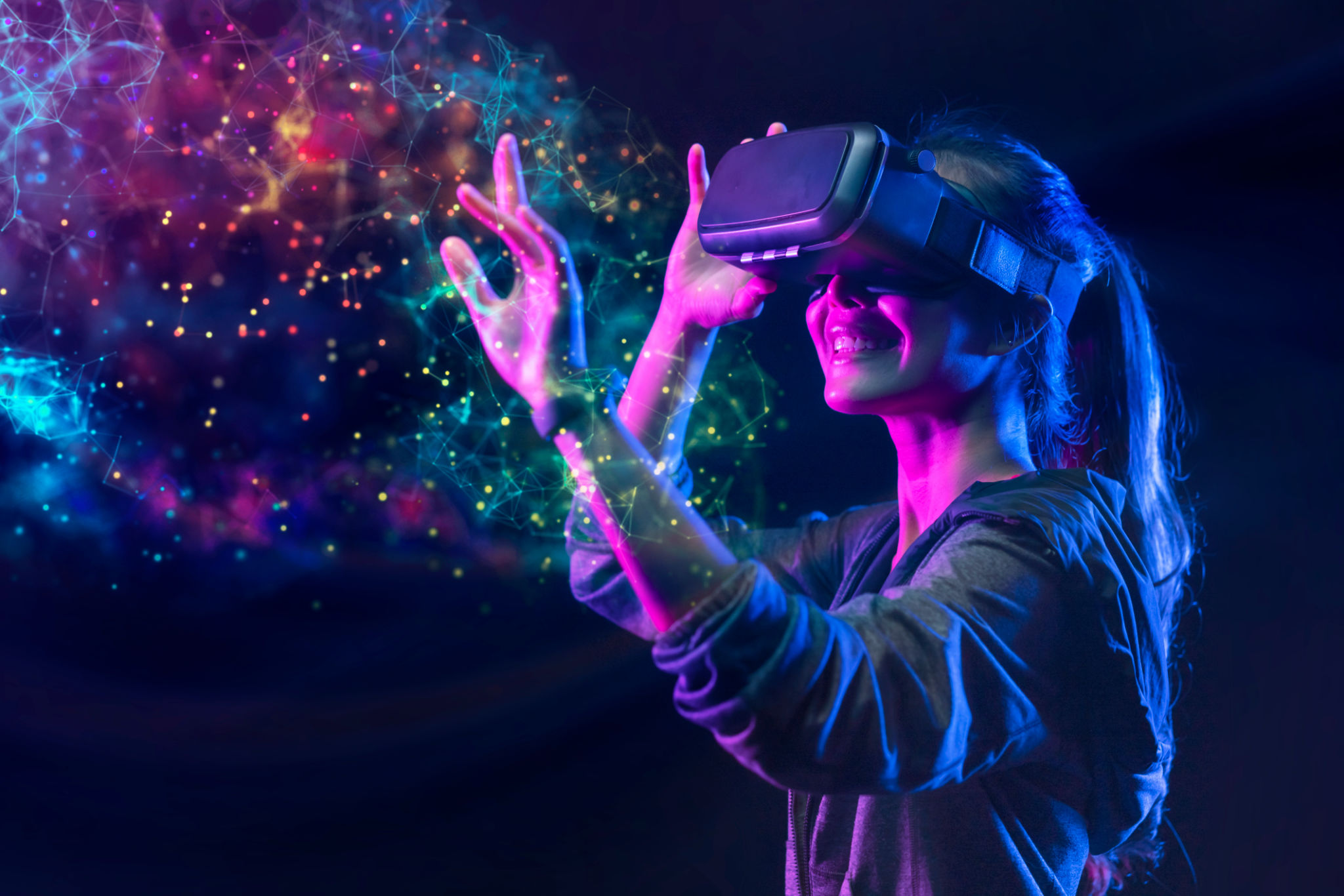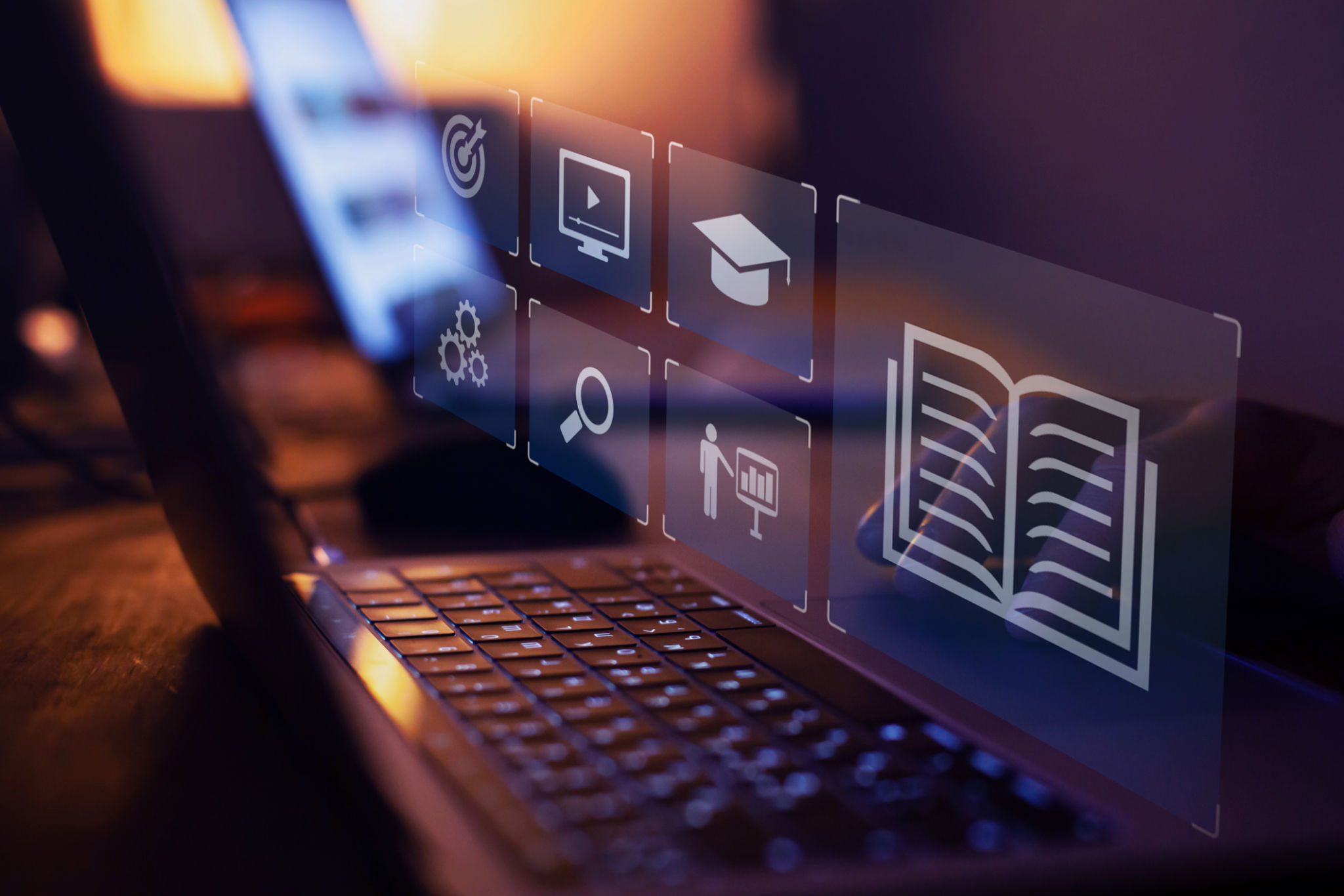The Role of Technology in Modern Science Tutoring
Introduction to Technology in Science Tutoring
The rapid advancement of technology has revolutionized various sectors, and education is no exception. In particular, science tutoring has witnessed significant transformations due to technological integration. From interactive software to virtual laboratories, technology is reshaping how students learn and engage with scientific concepts.

Online Platforms and Virtual Classrooms
One of the most notable changes in science tutoring is the rise of online platforms and virtual classrooms. These platforms offer students flexibility and access to a plethora of resources that were previously unavailable. Online tutoring platforms provide personalized learning experiences, allowing students to learn at their own pace and focus on areas where they need improvement.
Benefits of Virtual Classrooms
Virtual classrooms offer several advantages over traditional tutoring methods:
- Accessibility: Students can connect with tutors from anywhere in the world, breaking geographical barriers.
- Resource Availability: Digital resources, including videos, simulations, and interactive modules, enhance understanding.
- Cost-Effectiveness: Online tutoring often reduces costs associated with travel and materials.

Interactive Tools and Simulations
The use of interactive tools and simulations in science tutoring has proven to be highly effective. These tools provide students with hands-on experiences through virtual experiments and simulations that mimic real-world scenarios. This approach not only makes learning more engaging but also helps students grasp complex scientific concepts more easily.
Enhancing Understanding Through Simulations
Simulations offer a risk-free environment to explore scientific phenomena. For instance:
- Physics simulations allow students to manipulate variables and observe outcomes, deepening their understanding of concepts like gravity and motion.
- Chemistry simulations enable safe exploration of chemical reactions without the hazards of a physical lab.

Artificial Intelligence in Personalized Learning
Artificial Intelligence (AI) is making strides in personalizing the learning experience for science students. AI-driven platforms analyze student performance and tailor content to suit individual learning needs. This personalized approach ensures that students receive targeted support where they need it most, enhancing their overall learning experience.
AI-Powered Feedback and Assessment
AI can provide instant feedback and assessments, helping students identify weaknesses and track progress:
- Automated Grading: Immediate results from quizzes and tests help students understand their mistakes and learn from them.
- Adaptive Learning Paths: AI algorithms adjust the difficulty level based on student performance, ensuring optimal learning pace.
The Future of Technology in Science Tutoring
As technology continues to evolve, its role in science tutoring will likely expand further. The integration of virtual reality (VR) and augmented reality (AR) holds promise for creating even more immersive learning environments. Such innovations could transform the way complex scientific concepts are taught, making them more accessible and understandable for students worldwide.
